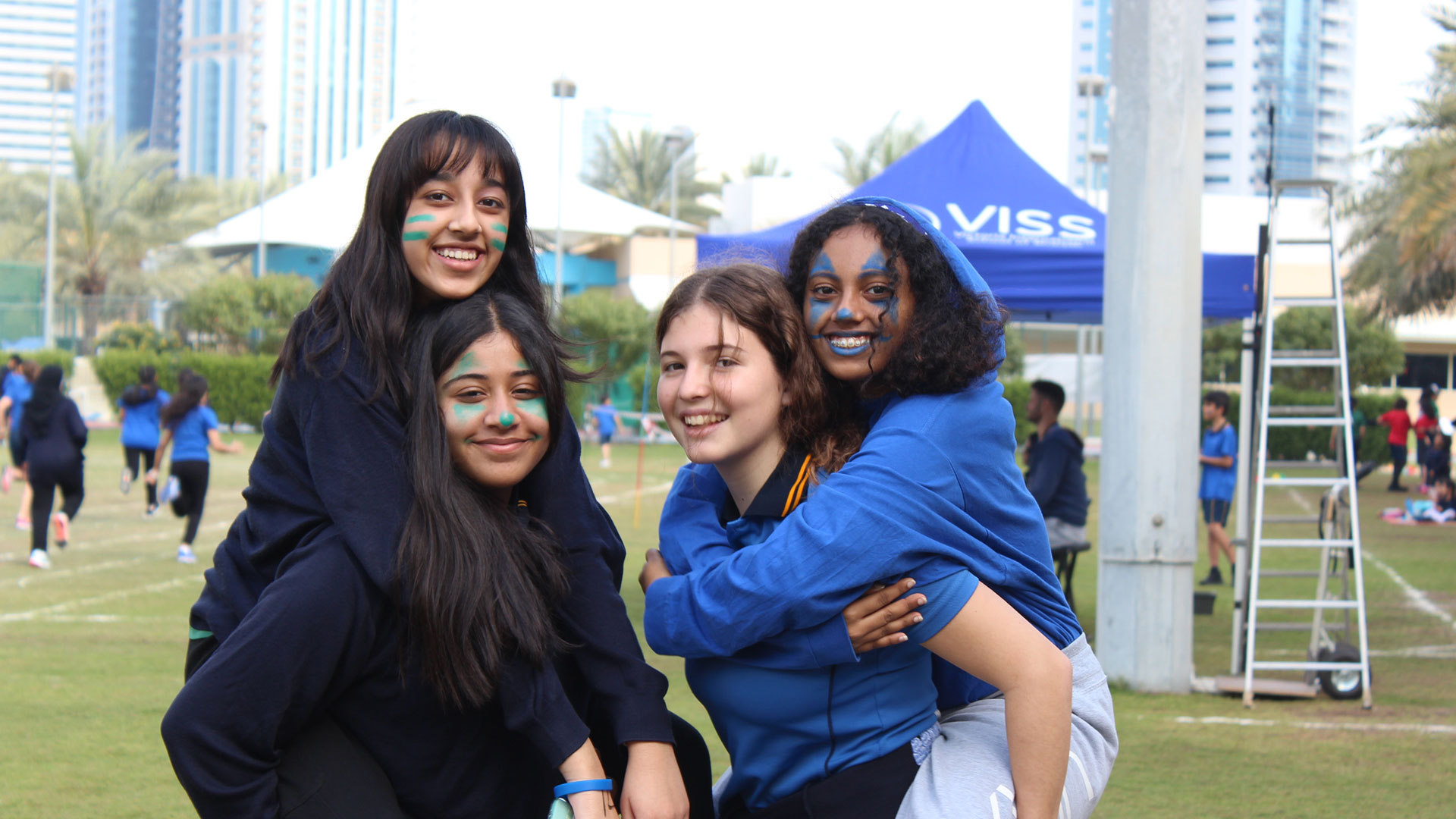IB Diploma Programme (IBDP) is a comprehensive two year pre-university course of study that aims to prepare students for the rigours of university but also to be caring, compassionate, global citizens with an appreciation of lifelong learning.
Subject Choices
Students must do a range of subjects, one taken from each of the six groups:
Group 1 - Studies in Language and Literature
- English Literature HL/SL
- English Language & Literature HL/SL
Group 2 - Language Acquisition (a second language)
- French B HL/SL
- Arabic B HL/SL
- French Ab Initio SL
Group 3 - Individuals and Society
- History HL/ SL
- Business and Management HL/ SL
- Global Politics HL/SL
Group 4 - Experimental Sciences
- Biology HL/ SL
- Chemistry HL/ SL
- Physics HL/ SL
- Design & Technology HL/SL
- Environmental Systems and Society (Group 3 and 4) SL only
Group 5 - Mathematics
- Mathematics Analysis and Approaches SL
- Mathematics Application and Interpretation SL and HL
Group 6 - The Arts and Electives
- Visual Arts HL/SL
- Free Elective ( another subject from Groups 3 or 4)
Note: Students must one subject each from Groups 1 to 5. Group 6 is optional meaning students can select their sixth subject from either Group 3 or 4 (e.g. take Chemistry and Biology or Business Management and History etc.
Additional Requirements:
Students are required to do three subjects at Higher Level (HL) and three at Standard Level (SL) over two years, as well as compulsory studies in Theory of Knowledge (TOK), Creativity Service and Action (CAS), and a 4000 word Extended Essay (EE).
Standard Level and Higher Level: Standard level subjects contain 150 hours of teaching time over the two years, whilst higher level subjects have 240 hours of teaching time. Higher-level is differentiated from Standard Level by the depth and breadth of work studied as opposed to the difficulty per se. Some Standard and Higher level classes may be taught jointly at VISS.
*Group 2 subjects offer an Ab Initio (Beginners) course in French. This is an entry-level course intended for students with no or limited prior second language knowledge. The course carries the same grading and weighting as the other language courses, however.
***Environmental Systems and Societies is only offered at Standard Level and counts as both a Group 3 and Group 4 subject thus allowing students who select this course to double up on any of the other group subjects.
